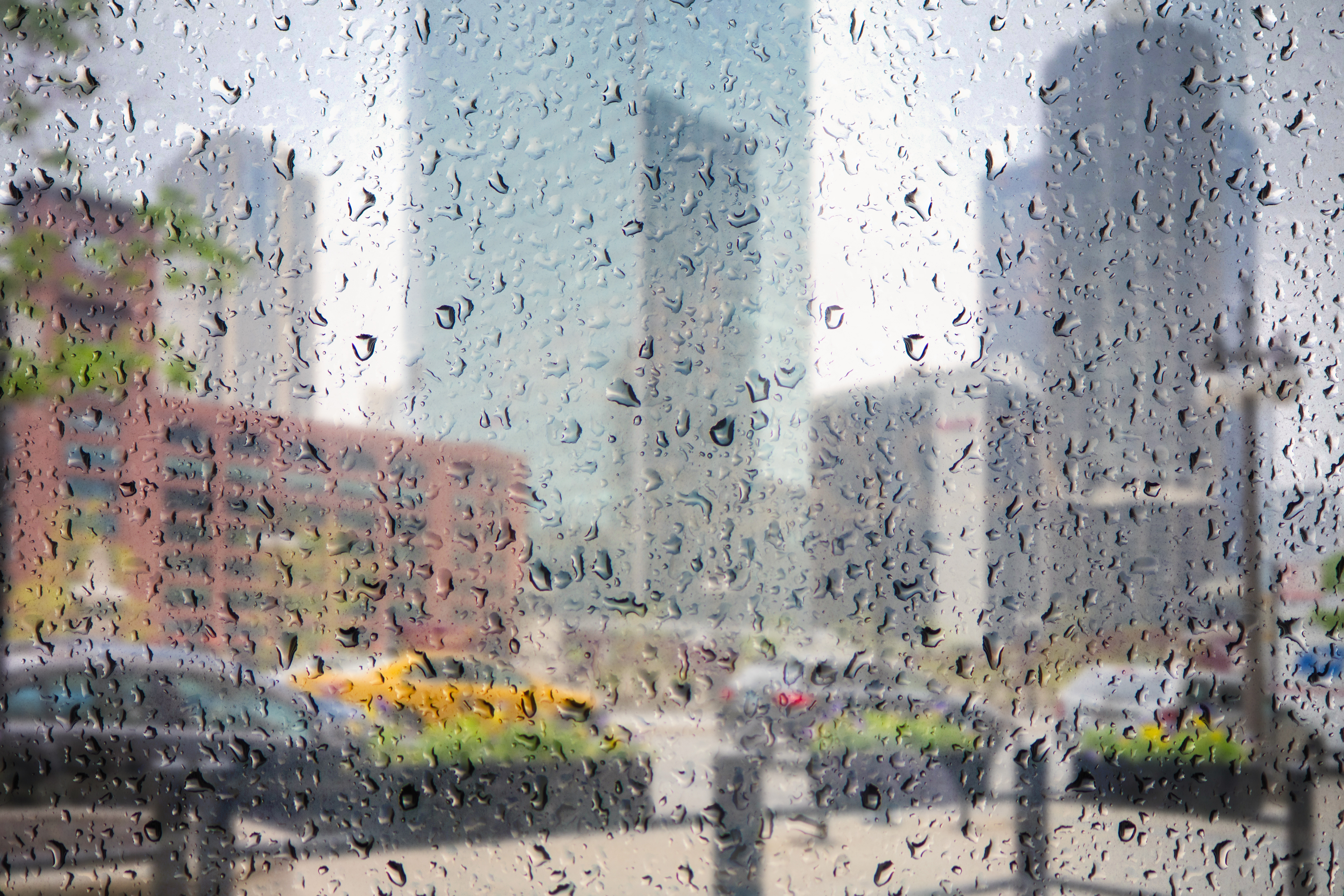With the fate of Gov. J.B. Pritzker's graduated income tax program in the voters' hands, the governor is spending more than $56 million of his own money to drum up support in the form of a new ad campaign.
Come Nov. 3, voters will weigh in on a state constitutional amendment allowing a graduated tax structure, which Pritzker has called a “fair” tax. The tax structure would replace the current 4.95% flat rate, which critics contend eats up a greater share of income at lower wages.
While the coronavirus pandemic may impact voters' decisions, the ComEd bribery scandal and Illinois House Speaker Mike Madigan's involvement may make people say "no" to giving the state more money to spend.
It appears Pritzker and his administration aren't taking chances.
Larry Ivory, who was set to be a panelist for a recent state-sponsored program focusing on Black businesses after he voiced opposition to the tax, was told by Pritzker's office he was no longer invited.
"Even when we differ, we can still work together, to come to some conclusion that moves us forward as a state and as a country," said Ivory, the president of the Illinois State Black Chamber of Commerce.
Ivory said he believes it's the wrong time for the proposal.
Local
"It's really not a time for us to be increasing taxes that's going to have an impact on business and impact on people," he said.
Even as the coronavirus has produced many uncertainties, Pritzker's budget is still relying on the graduated income tax.
"When people need health care, when people need social services more than ever before... that this is in fact the time when we need to provide those services and pay the bills," the governor said.
If voters approve the amendment, new tax rates approved last year by the General Assembly would go into effect Jan. 1. It would mean that the rates for individuals earning $250,000 or less would stay the same or go down and the rates of those who earn more than that would increase.
In order for the tax to be implemented, 60% of voters must approve the amendment.



